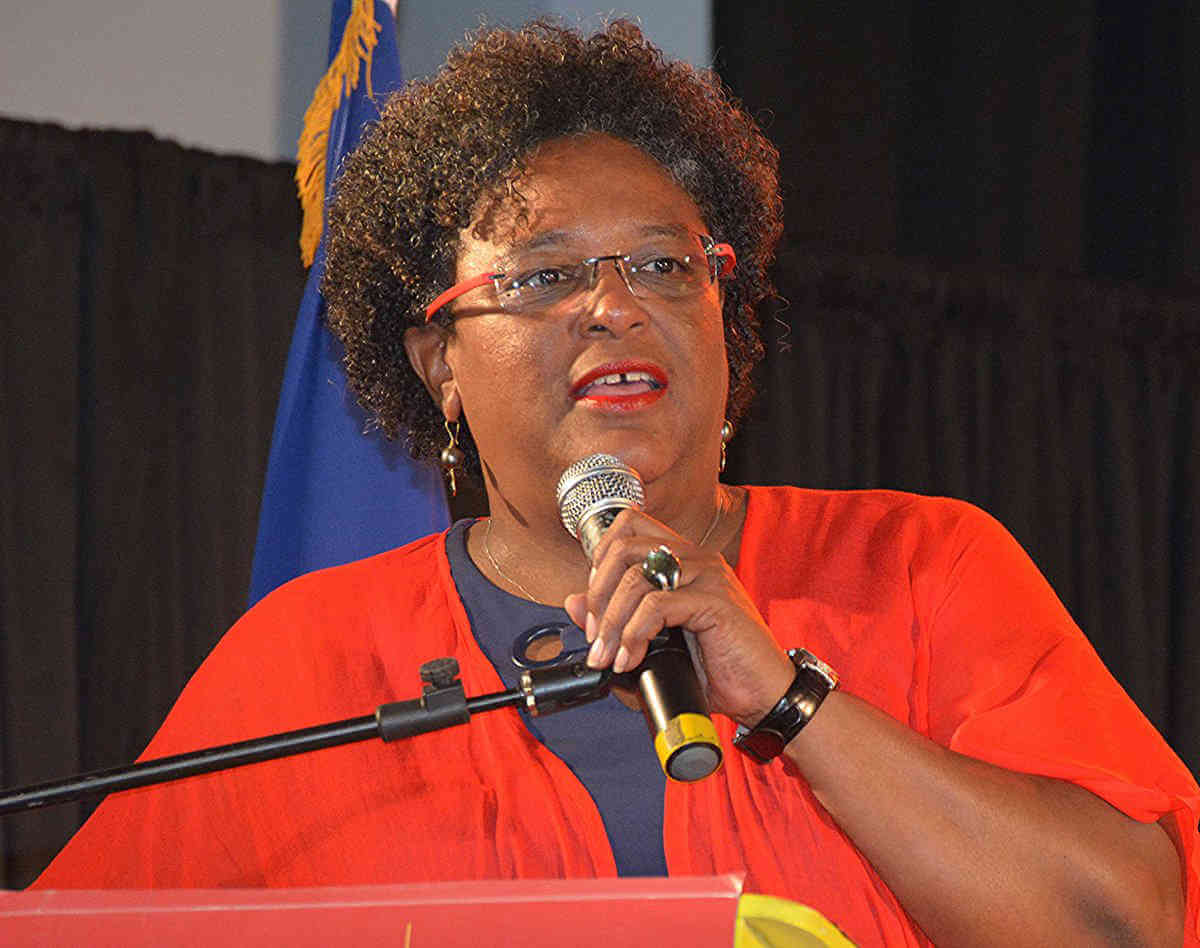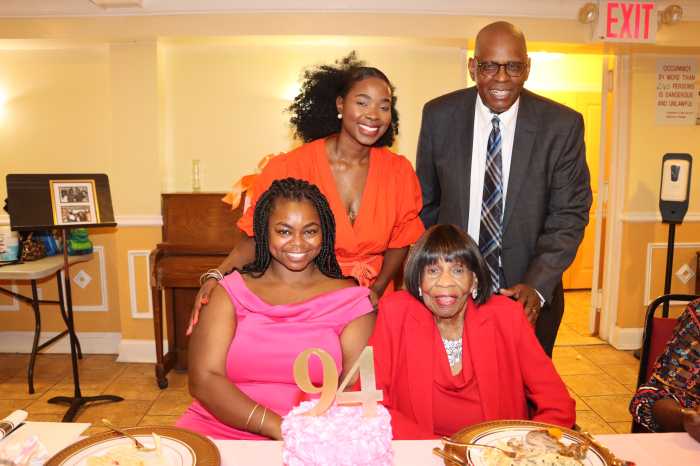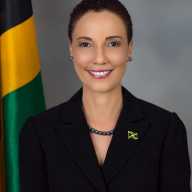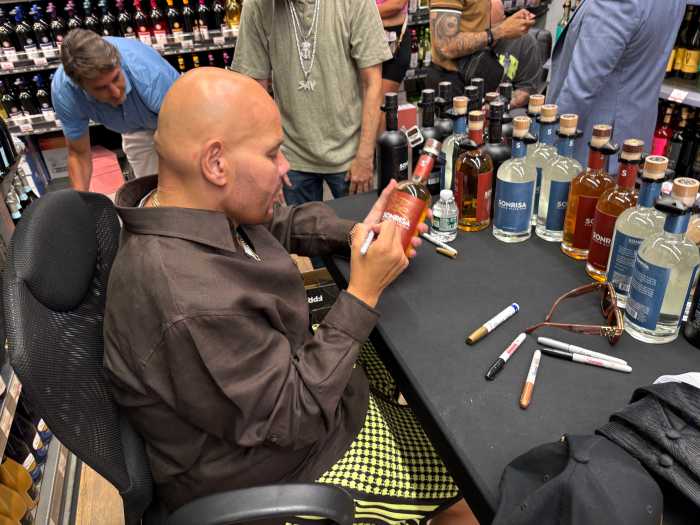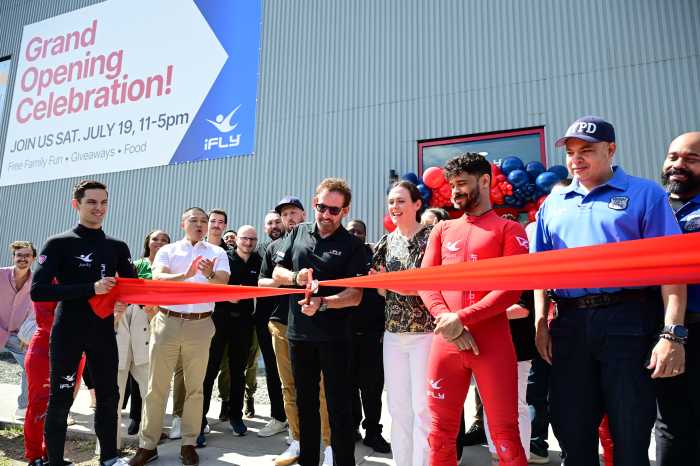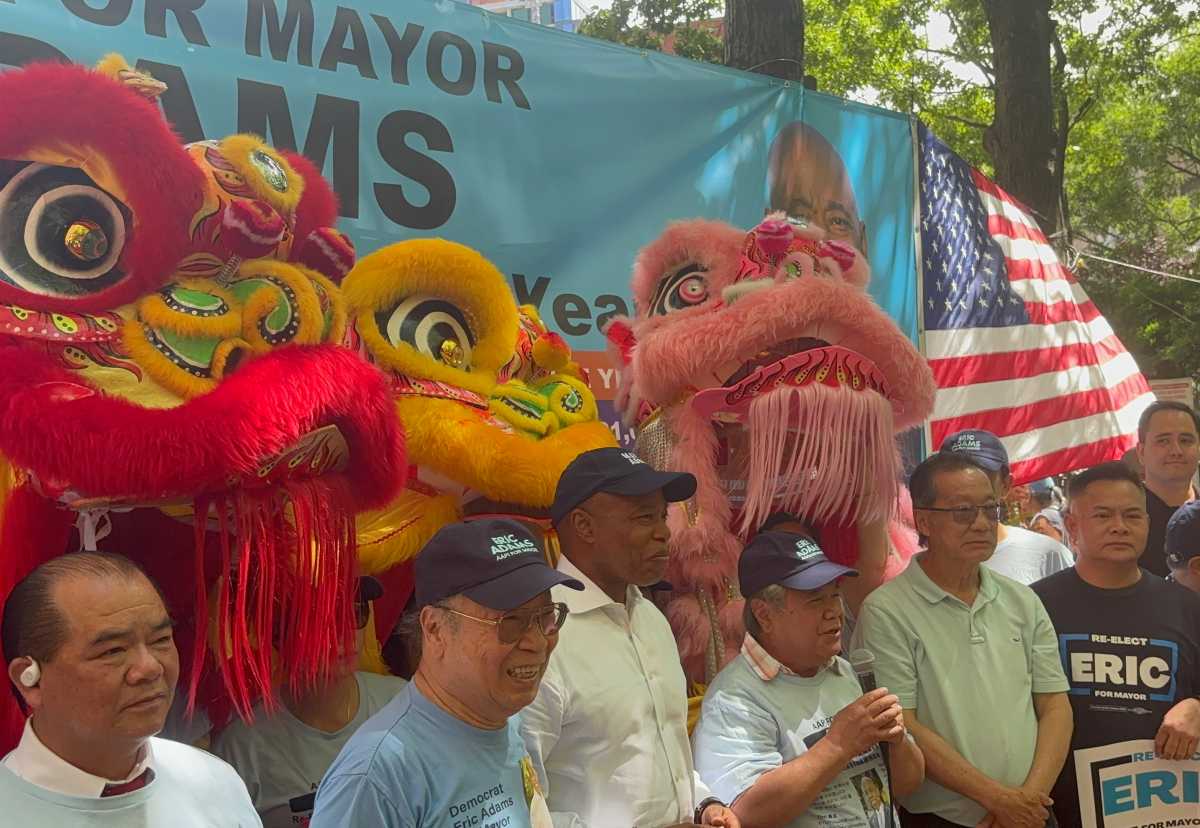In the past year, Caribbean Community nations have moved to foster closer relations with Africa, figuring that such collaboration could help them form a powerful international bloc to fight for several issues including climate change, reorganizing international air routes to make travel easier and to confront former European slave trading nations to make them pay reparations.
The two sides have held several rounds of meetings at the United Nations and other forums and leaders including Prime Minister Mia Mottley of Barbados have traveled to Africa for talks with continental counterparts as they laid the groundwork for a new era of Africa-Caribbean cooperation.
On Tuesday, all the preparations and groundwork came together in the form of a three-hour virtual summit chaired by Kenya’s President Uhuru Kenyatta.
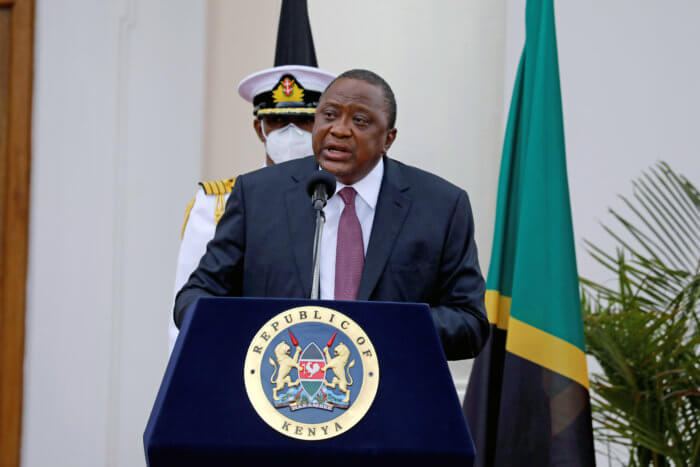
Surprisingly, collaborations on reparations and other issues did not take center stage-at least from the perspective of Caribbean nations- as most thought it best to thank the African Union( AU) for helping them to acquire life-saving Covid-19 vaccines when they were struggling to obtain from western nations like the US and Britain which had bountiful supplies but were hoarding. The summit was billed as the first and most formal conference setting the two have had in recent memory. Leaders are to meet on Sept. 7 next year as they move to make such sessions as annual ones.
“Thank you Africa,” bellowed Trinidad’s Prime Minister Keith Rowley during his brief presentation. “As chairman of CARICOM during the first half of this year, I can attest to the value of closer collaboration between our regions,” he said, referring to the hoarding, calling it “vaccine apartheid.” He made it clear that the region would have struggled to vaccinate its population had it not been for the help it received from Africa.
Several other leaders backed Rowley in showing appreciation to Africa. South African President, Cyril Ramaphosa also joined in, noting “that this pandemic is a demonstration of the value and necessity of confronting challenges by working together. We mobilized vaccines for Africa and the Caribbean. We need to share our experience, expertise and technology to better respond to COVID and future pandemics. The pandemic has shown what is possible.”
Meanwhile, moving to achieve a long held ambition to establish non-stop or direct air links between Africa and the Caribbean, several leaders including Mottley and Andrew Holness of Jamaica reiterated such, calling it integral to rearranging a colonial era and still existing order that forces Caribbean travelers to transit Europe or the US or Canada to reach Africa. This entails them flying northwest or northeast to North America or Europe respectively then back down south to Africa. Direct or non-stop flights could be completed in a mere six hours from Guyana, Barbados and from most southern Caribbean countries.
PM Ralph Gonsalves from St. Vincent abandoned his prepared remarks to speak extemporaneously, as he appealed to the joint forum not to forget the 110,000 million people of African descent in Brazil as he made a case for them to be included in the Africa-Caribbean family. As well, he attempted to touch on the conscience of the conference by asking attendees not to forget finance-starved Cuba. Cuba, he said, has been a close friend of the region and Africa but has been struggling with the “illegal blockade by imperialism” and the COVID-19 pandemic.
“We recall the selfless and heroic efforts of Cuba. This nation shed its blood in the liberation of South Africa. We all know the selflessness of Cuba. We need to give a practical commitment to assist Cuba in its illegal blockade by imperialism and the ravages of COVID-19. Cuba will not ask but it is our duty to assist and to do so with urgency,” he said.
On Brazil, he said there was a need for African descendants to be included in a diaspora commission.


